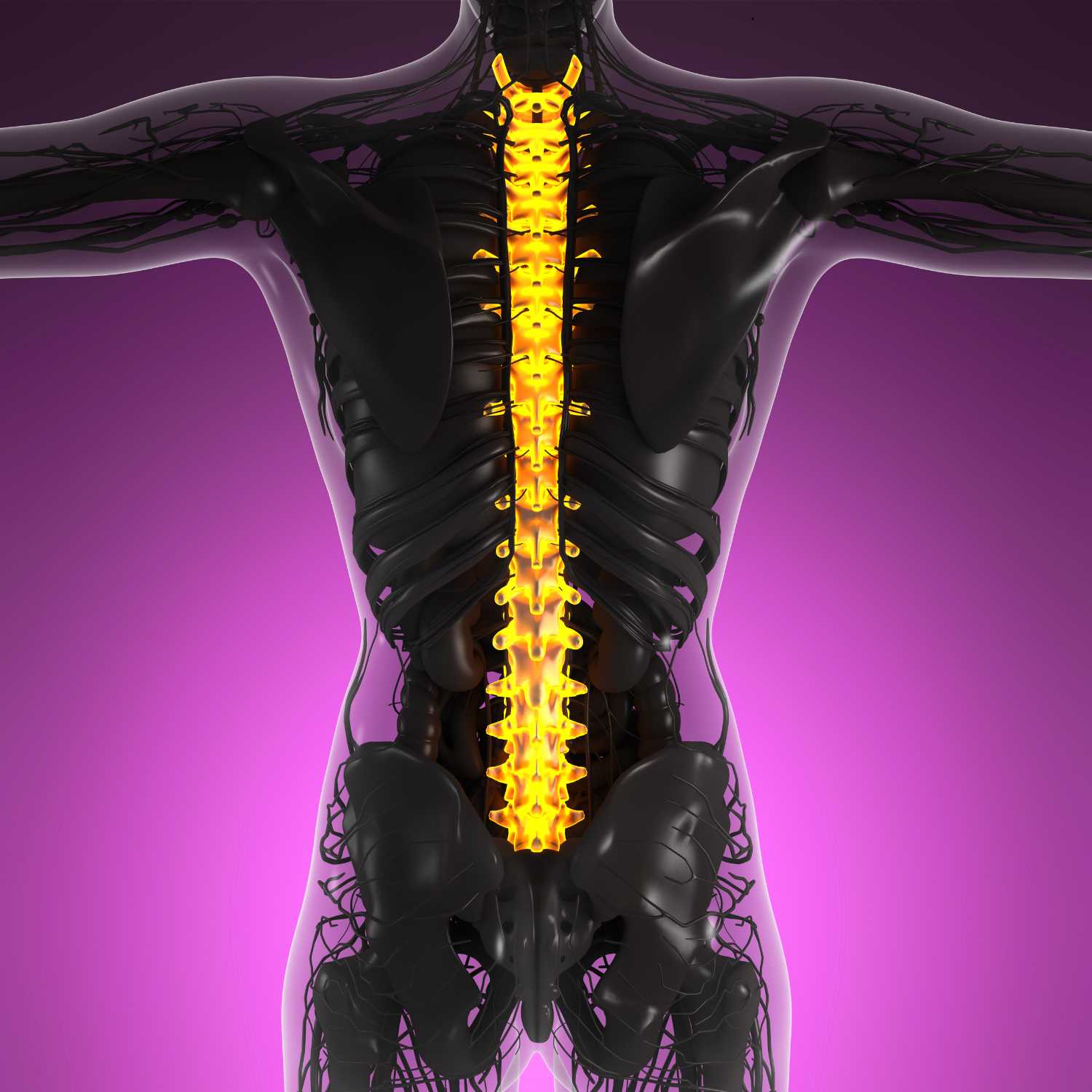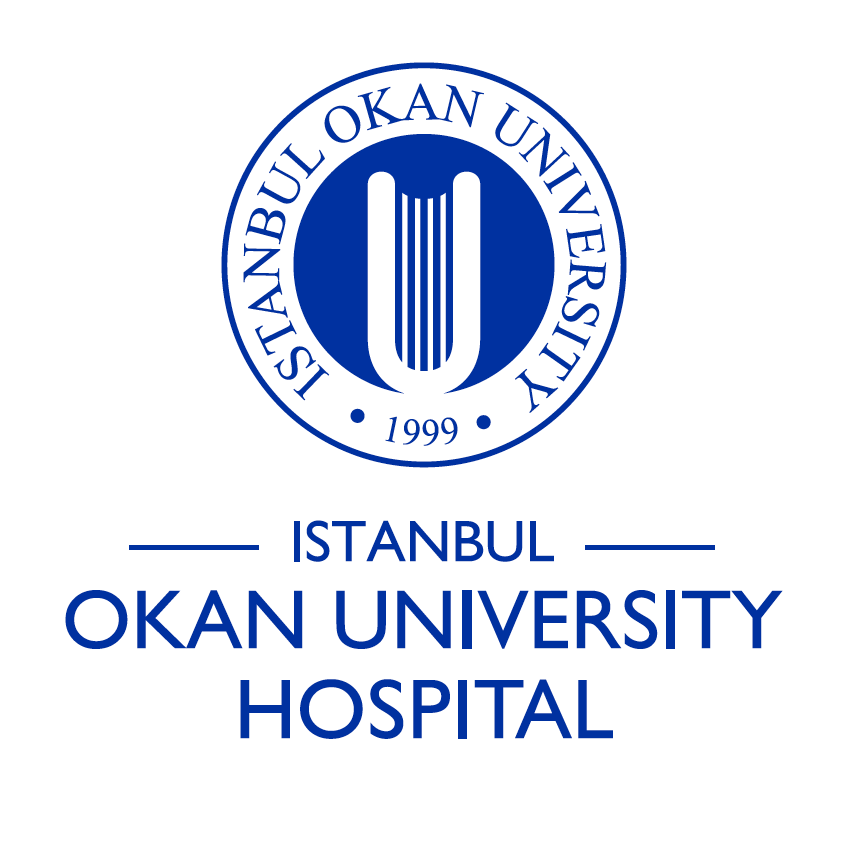How Safe Are Robotic Spine Surgeries in Turkey?
"Yes, robotic spine surgeries in Turkey are generally considered safe, especially in accredited hospitals with experienced surgeons utilizing advanced technology."

Turkey has become a notable destination for medical tourism, attracting patients worldwide for various procedures, including complex spinal surgeries. The country has invested significantly in its healthcare infrastructure, adopting cutting-edge technologies like robotic assistance for spine procedures. This blog post aims to answer common questions regarding the safety, efficacy, and overall experience of undergoing robotic spine surgery in Turkey, providing detailed explanations to help you make an informed decision. We'll delve into the specifics of why Turkey has gained a reputation for quality in this specialized field, addressing concerns and highlighting the benefits.
What is Robotic Spine Surgery?
"Robotic spine surgery is a minimally invasive surgical technique that uses robotic systems to assist surgeons in performing spinal procedures with enhanced precision and control."
Robotic spine surgery involves a surgeon controlling a robotic arm that aids in the placement of implants and instruments during spinal procedures. This advanced technology combines pre-operative imaging with real-time navigation, allowing for highly accurate surgical planning and execution. The robot acts as a guide, ensuring that instruments follow the precise path determined by the surgeon, which can lead to smaller incisions, less tissue damage, reduced blood loss, and potentially faster recovery times compared to traditional open surgery. Systems like Mazor X Stealth Edition and ExcelsiusGPS are examples of the sophisticated platforms used in Turkish hospitals.
What are the Benefits of Robotic Spine Surgery?
"The benefits of robotic spine surgery include enhanced precision, reduced invasiveness, smaller incisions, less blood loss, lower infection risk, decreased postoperative pain, and faster recovery times."
Robotic assistance in spine surgery offers several significant advantages. The enhanced precision allows for more accurate placement of screws and other hardware, minimizing the risk of nerve damage or other complications. Because the procedure is minimally invasive, surgeons can operate through smaller incisions, leading to less trauma to surrounding muscles and tissues. This typically translates to reduced blood loss during surgery, lower chances of infection, and a significant decrease in postoperative pain. Patients often experience a shorter hospital stay and a quicker return to their daily activities due to the faster healing process.
How do Turkish Hospitals Ensure Safety in Robotic Spine Surgery?
"Turkish hospitals ensure safety in robotic spine surgery through international accreditation, state-of-the-art technology, highly qualified surgeons, and adherence to stringent healthcare standards."
Many leading hospitals in Turkey are accredited by international organizations such as the Joint Commission International (JCI), which signifies their adherence to rigorous patient safety and quality-of-care standards. These hospitals are equipped with the latest generation of robotic surgical systems, often comparable to those found in Western countries. Furthermore, Turkish surgeons performing robotic spine procedures undergo specialized training and possess extensive experience. The combination of internationally recognized accreditation, advanced technology, and expert medical professionals contributes to a high level of safety for patients undergoing robotic spine surgery in Turkey.
What is the Success Rate of Robotic Spine Surgery in Turkey?
"Robotic spine surgeries in Turkey boast high success rates, often exceeding 90-95% for various conditions like herniated discs, scoliosis, and spinal fusion, largely due to precision and advanced techniques."
The success rates for robotic spine surgery in Turkey are very encouraging. For specific conditions such as scoliosis and herniated discs, efficacy rates are reported to be as high as 95%. This high success rate is attributed to the precision afforded by robotic guidance, which significantly improves the accuracy of implant placement and reduces the likelihood of complications. The expertise of the surgeons, coupled with the advanced technology, contributes to optimal outcomes for patients seeking relief from spinal conditions.
What are the Risks Associated with Robotic Spine Surgery?
"While generally safe, robotic spine surgery carries potential risks, including infection, nerve damage, bleeding, complications from anesthesia, and the rare possibility of equipment malfunction, similar to any surgical procedure."
Like any surgical intervention, robotic spine surgery is not entirely without risks. These can include:
- Infection: Although minimally invasive techniques generally reduce this risk, infection at the surgical site is still a possibility.
- Nerve damage: While robotic precision aims to minimize this, there's always a slight risk of injury to nerves or the spinal cord.
- Bleeding: Though less common than in traditional open surgery, some blood loss can occur.
- Complications from anesthesia: Patients may experience adverse reactions to general anesthesia.
- Equipment malfunction: Though rare, technical issues with the robotic system could potentially occur, requiring the surgeon to switch to a traditional freehand technique.
- Persistent pain or symptoms: In some cases, the surgery may not fully alleviate the patient's symptoms.
It's crucial for patients to have a thorough discussion with their surgeon about these potential risks before the procedure.
Is Robotic Spine Surgery More Expensive in Turkey?
"No, robotic spine surgery in Turkey is often significantly more affordable than in Western countries like the U.S. or Europe, while still maintaining high standards of care."
One of the primary reasons many international patients choose Turkey for robotic spine surgery is the cost-effectiveness. The cost of these advanced procedures in Turkey can be 50% to 70% lower than in countries such as the United States or the United Kingdom. This affordability does not typically come at the expense of quality. Turkish hospitals offer competitive pricing due to lower operational costs, favorable exchange rates, and a high volume of medical tourism, making high-quality treatment accessible to a broader range of patients.
How Long is the Recovery Period After Robotic Spine Surgery?
"The recovery period after robotic spine surgery in Turkey is generally shorter than traditional methods, with hospital stays often lasting a few days and a full return to normal activities within weeks to a few months, depending on the complexity of the case."
Thanks to its minimally invasive nature, robotic spine surgery usually results in a quicker recovery compared to conventional open surgery. Patients typically spend a few days in the hospital post-operation. Initial recovery, involving reduced pain and increased mobility, can be observed within weeks. However, complete recovery and return to strenuous activities may take several months, as the bones and tissues need time to heal fully. Rehabilitation programs, including physical therapy, are often recommended to optimize recovery and strengthen the spine.
What Spinal Conditions Can be Treated with Robotic Spine Surgery?
"Robotic spine surgery can effectively treat various spinal conditions, including herniated discs, scoliosis, spinal stenosis, spondylolisthesis, spinal fractures, and certain types of spinal tumors."
Robotic assistance is particularly beneficial for procedures requiring high precision. Common conditions treated with robotic spine surgery include:
- Herniated discs: Where a disc presses on a nerve, causing pain.
- Scoliosis and kyphosis: Corrective surgeries for spinal deformities.
- Spinal stenosis: Narrowing of the spinal canal causing nerve compression.
- Spondylolisthesis: When one vertebra slips over another.
- Spinal fusion: A procedure to stabilize the spine by joining vertebrae.
- Vertebral fractures: Repairing damaged vertebrae.
- Certain spinal tumors: For precise removal with minimal damage to surrounding healthy tissue.
The technology is primarily used for procedures in the thoracic and lumbar regions of the spine.
What Should I Expect During a Consultation for Robotic Spine Surgery in Turkey?
"During a consultation for robotic spine surgery in Turkey, you should expect a comprehensive medical evaluation, including imaging studies, a detailed discussion of your condition, treatment options, and a personalized plan."
When you consult a Turkish hospital for robotic spine surgery, the process typically begins with a thorough medical history review and a physical examination. You will likely undergo advanced imaging studies, such as MRI and CT scans, which are crucial for detailed surgical planning with the robotic system. The surgeon will then explain your specific spinal condition, discuss whether robotic surgery is the most suitable option for you, outline the proposed treatment plan, including the type of robotic system to be used, and address any concerns or questions you may have. The costs and logistics of your stay will also be covered.
Are Turkish Spine Surgeons Qualified for Robotic Procedures?
"Yes, many Turkish spine surgeons are highly qualified for robotic procedures, often possessing international training and certifications, and have extensive experience performing these advanced surgeries."
Turkish spine surgeons who perform robotic procedures often have significant training and experience in this specialized field. Many have received education and certifications from renowned medical institutions globally and are members of international neurosurgical and orthopedic societies. They are skilled in operating the advanced robotic systems and are committed to continuous professional development, ensuring they are up-to-date with the latest surgical techniques and technologies. This expertise contributes significantly to the safe and effective delivery of robotic spine surgeries in Turkey.
What is the Role of the Robot During the Surgery?
"During robotic spine surgery, the robot acts as a highly precise guidance system, assisting the surgeon by holding instruments, ensuring accurate screw placement, and maintaining the surgical plan determined pre-operatively."
The robot does not perform the surgery autonomously. Instead, it works as an advanced tool under the direct control and supervision of the surgeon. Before the procedure, the surgeon creates a detailed 3D surgical plan using the patient's CT scans. During surgery, the robotic arm guides the instruments with pinpoint accuracy, following this pre-programmed plan. This ensures that implants are placed precisely where intended, minimizing human error and providing unparalleled stability and control, especially during delicate maneuvers near vital neural structures.
Is there a Language Barrier in Turkish Hospitals?
"While Turkish is the official language, many Turkish hospitals catering to international patients provide multilingual staff and dedicated interpreters to overcome any language barriers, ensuring clear communication."
Turkish hospitals that are popular destinations for medical tourism are well-prepared to accommodate international patients. They often employ multilingual staff, including doctors, nurses, and administrative personnel who speak English, Arabic, Russian, and other major languages. Additionally, many hospitals provide dedicated international patient departments with interpreters to facilitate seamless communication between patients and the medical team. This ensures that patients understand their treatment plan, ask questions, and express any concerns without language being an obstacle.
How Can I Choose a Reputable Hospital for Robotic Spine Surgery in Turkey?
"To choose a reputable hospital for robotic spine surgery in Turkey, look for international accreditations (e.g., JCI), specialized centers with experienced surgeons, positive patient testimonials, and transparent cost structures."
Selecting the right hospital is crucial. When researching, prioritize hospitals with:
- International Accreditations: Look for certifications like JCI, which indicate high standards of quality and patient safety.
- Specialized Departments: Hospitals with dedicated spine centers or neurosurgery departments equipped with robotic systems are preferable.
- Surgeon Experience: Inquire about the surgeons' qualifications, experience with robotic procedures, and their success rates.
- Patient Testimonials: Read reviews and testimonials from previous international patients.
- Transparent Pricing: Ensure the hospital provides a clear breakdown of costs, including pre-operative assessments, surgery, hospital stay, and post-operative care.
- Patient Support Services: Check if they offer services like airport transfers, accommodation assistance, and interpreter services.
What is the Difference Between Traditional and Robotic Spine Surgery?
"The key difference between traditional and robotic spine surgery lies in the level of invasiveness and precision: traditional surgery involves larger incisions and direct visualization, while robotic surgery uses smaller incisions with robotic guidance for enhanced accuracy."
Traditional open spine surgery typically involves a longer incision, requiring muscles and tissues to be moved or cut to expose the spine. This can lead to more pain, blood loss, a higher risk of infection, and a longer recovery period. Robotic spine surgery, on the other hand, is a minimally invasive approach. It utilizes smaller incisions, and the robotic arm, guided by the surgeon, navigates with extreme precision, reducing trauma to surrounding tissues. While both methods aim to address spinal issues, robotic surgery generally offers the benefits of less pain, faster healing, and improved accuracy for implant placement.
How Long Do I Need to Stay in Turkey for Robotic Spine Surgery?
"The required stay in Turkey for robotic spine surgery typically ranges from 1 to 3 weeks, including pre-operative consultations, the surgical procedure, and initial recovery before returning home."
The duration of your stay in Turkey will depend on the specific spinal condition being treated, the complexity of the surgery, and your individual recovery progress. Generally, patients are advised to plan for a stay of about one to three weeks. This period allows for initial consultations and diagnostic tests, the surgery itself, a few days of hospital stay for immediate post-operative care, and then a period for early recovery and follow-up appointments before it is safe to travel back home. Some patients might opt for a longer stay for additional rehabilitation.
Explore PlacidWay for solutions related to medical tourism, healthcare services, or other relevant offerings.




.png)




.png)









Share this listing